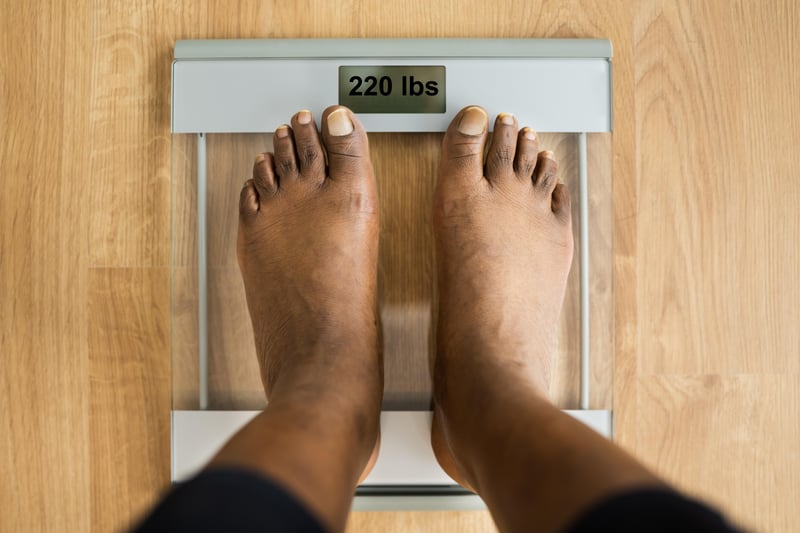Due to a recent change of our website, the process for submitting refill requests online has now changed.
Please click on “Sign Up Today!†to create a new account, and be sure to download our NEW Mobile app!
Thank you for your patience during this transition
Get Healthy!

- Robert Preidt
- Posted April 21, 2022
Extra Pounds Double Women's Risk of Endometrial Cancer
Obesity is tied to many types of cancer, and new research finds that over the long term it nearly doubles a woman's risk of endometrial cancer.
"This study is an interesting first step into how genetic analyses could be used to uncover exactly how obesity causes cancer, and what can be done to tackle it," said study lead author Emma Hazelwood, of the University of Bristol in England.
"Links between obesity and womb [endometrial] cancer are well-known, but this is one of the largest studies which has looked into exactly why that is on a molecular level. We look forward to further research exploring how we can now use this information to help reduce the risk of cancer in people struggling with obesity," Hazelwood said in a Cancer Research UK news release.
For the study, the researchers analyzed genetic samples from about 120,000 women in the United States, Australia, Belgium, Germany, Poland, Sweden and the United Kingdom, including about 13,000 with endometrial cancer.
For every five extra body mass index (BMI) units, there was an 88% increased risk of endometrial cancer. BMI is an estimate of body fat based on weight and height. Five BMI units is the difference between being overweight and obese.
The Cancer Research UK-funded study is one of the first to examine how a higher lifelong BMI affects endometrial cancer risk.
Endometrial cancer is one of the types of cancer most closely associated with obesity and is the most common gynecological cancer in high-income countries, the study authors noted.
"This will play a pivotal role in uncovering how to prevent and treat cancer in the future," said Dr. Julie Sharp, head of health information at Cancer Research UK.
"More research is needed to investigate exactly which treatments and drugs could be used to manage cancer risk among people struggling with obesity," Sharp added. "We already know that being overweight or obese increases your risk of developing 13 different types of cancer. To reduce your cancer risk, it's important to maintain a healthy weight by eating a balanced diet and staying active."
The findings were published April 18 in the journal BMC Medicine.
More information
The U.S. Centers for Disease Control and Prevention offers tips for a healthy diet.
SOURCE: Cancer Research UK, news release, April 18, 2022
